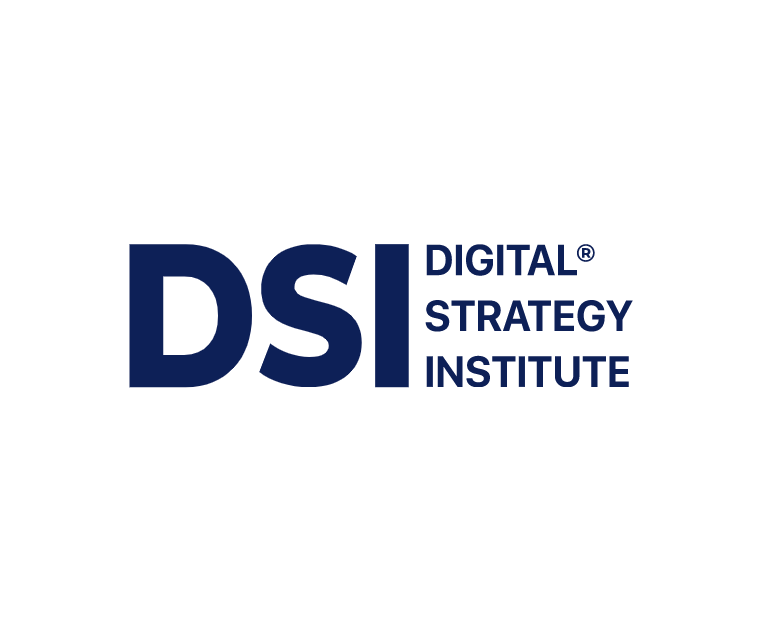Emerging new roles in the Digital Banking landscape
- Digital Strategy

- Jan 29, 2022
- 3 min read
The banking industry with its stiff competition amongst participants and pressure of changing consumer behavior patterns is going through a paradigm shift. The fundamental objective for banks in this landscape has been to provide customers the pay bank accounts that fit their lifestyle but also be flexible enough to independently offer products and services based on individual preferences. Banking transactions have evolved from being predominantly physical-based to electronic and mobile evolution. This transition has opened up several opportunities for banks to offer a mix of traditional banking services as well as new-age products like mortgage loans, debit cards, etc.
Digitalization in the financial sector or so-called ‘Digital Banking’ is touted to be one of the most significant trends that can be expected to positively impact the banking industry. There has been an immense increase in technology adoption over the years, fuelled by increasing customer expectations and digitizing of banking services. Therefore, banks are adopting a holistic approach towards digitalization to improve financial inclusion through broadening their reach beyond geographically limited branches at the same time enhancing existing product offerings.
The aim is to deliver the best possible customer experience, and their key metric is Net Promoter Score (NPS). Fintech startups are also working on providing banking solutions with innovative products. For instance, BillDesk acquired by PayU in 2014 gives an all-in-one payment solution along with payment gateways. PayPal offers payments service to merchants through online platforms and developed a strong business model around its payment gateway. However, despite multiple challenges like security of funds, acceptance problems, etc., banks have adopted many fintech products to maximize their value.
In this scenario, the primary responsibility lies on banks to identify the innovative trends in the digital banking sphere and adopt them while building their own products and solutions. The adoption of fintech products may not necessarily result in a reduction of the bank's workforce, instead could increase the demand for experienced manpower with niche skill sets. Banks have been adapting new roles to manage the transition from traditional banking to digitalization.
Banks are hiring professionals who are able to keep pace with the demands of digitalization by focusing on enhancing customer experience, managing various fintech products while also increasing efficiency. The bank’s strategy is to have a single platform that can control and manage multiple product offerings like a mobile banking app, online banking services, retail branches, etc.
Below are some key roles seen in the Digital Banking landscape:
Lead Digital Strategist: Banks are assigning a senior level manager to craft the bank’s digital strategy which involves defining digital goals, guiding teams to meet those objectives, and identifying emerging trends. The role includes making sure the nature of the interaction between business and customers is aligned with consumer habits.
Head of Retail Banking Products: Banks are hiring a veteran executive to lead the retail banking unit with expertise on consumer finance products like credit cards, auto loans and mortgages. The new role is responsible for driving business growth through developing improved offerings and delivering an enhanced customer experience.
Digital Champion: This position ensures that banks deploy the right technology in order to create a simplified user experience and make way for innovation. This role reports to the Head of Digital Banking at banks.
The digital banking industry is growing quickly across the globe, making employees with special knowledge about key trends in this sector highly sought after by employers. With the increasing demand for fintech experts, leading organizations are enhancing their technical competency through a structured learning program, thereby enabling them to achieve their business objectives.
The digital banking sector will witness a huge demand for talent in the next few years as banks struggle to maintain their competitive edge against fintech startups and large tech giants like Google and Amazon that are also actively working towards disrupting the financial service industry. Banks have been adopting new roles to manage the transition from traditional banking to digitalization.
The efficient delivery of technology-enabled services by the sector will also drive demand for talent with special skill sets required for analyzing big data and improving risk management systems. Digital Banking is all about delivering an enhanced customer experience which can only happen when banks have the best people working on their products, processes and services. Having the best talent working on digital banking products will create a differentiated customer experience and enable banks to maintain their competitive edge.



Comments